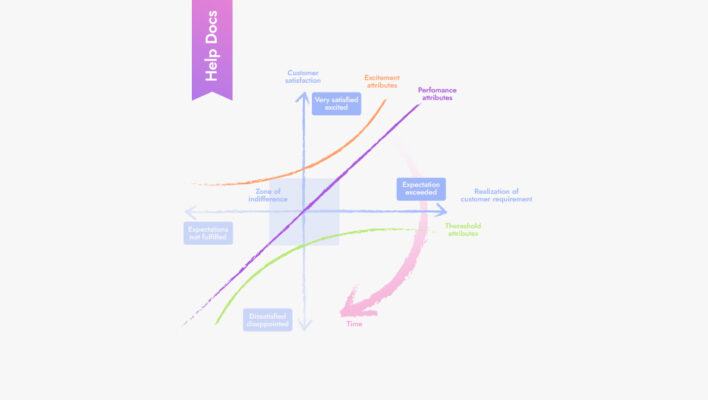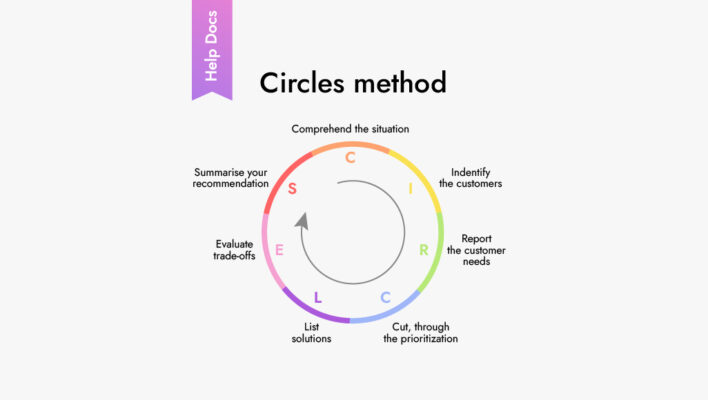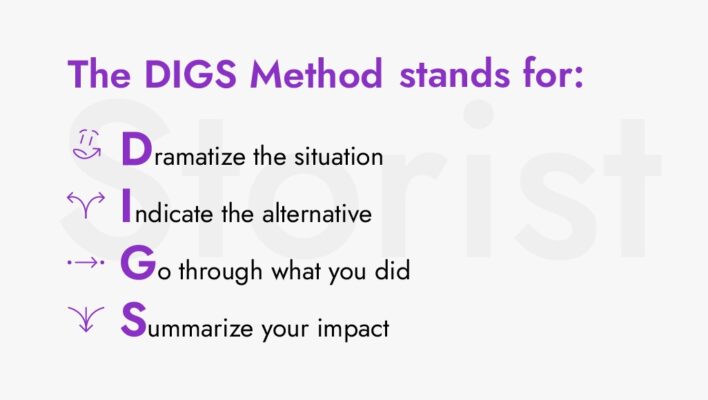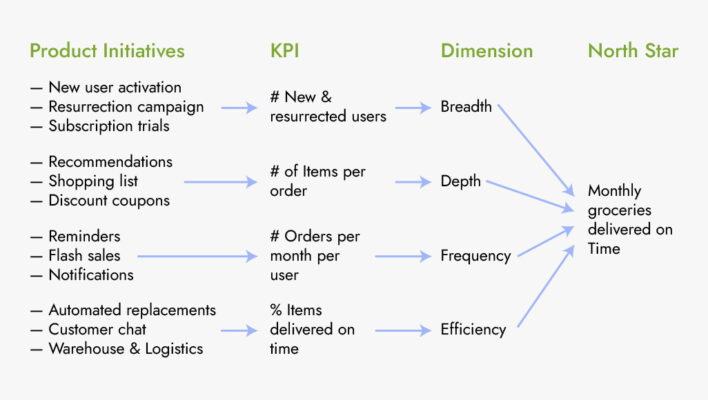4 red flags in relationships with colleagues, partners and management
It is hard to overestimate the role of long-term relationships in your work. If you misjudge your partner or your employee, there is a risk of losing not only interesting communication, but also the reputation, money and sometimes even the whole business.
In this article, we will look at 4 types of red flags in relationships, which are often getting missed. If you recognize them early on, severe consequences can be avoided.

Red flags in working relationship
Flag 1: the person is always busy
You can’t arrange a meeting, even about an important matter. You communicate only through a secretary or an assistant. Your calls are ignored and messages left unanswered for weeks.
Surely, there can be different circumstances at work. However, if those kinds of situations have developed into professional behavior – think about it. You might be dealing with a person who is not good at time management, has issues with his business or simply does not regard you as an important partner.
Flag 2: the person does not have any interest in you
There might be a lot happening in long term business relationships. Not with business etiquette alone you can overcome the crisis, but also with simple human relationships. You can form those relationships only when you are seen not just as a specialist, but as a human being with your own world, life and values.
Flag 3: disregarding personal boundaries
Another story is getting too personal, ignoring negative answers and arranging meetings during picnics by a swimming pool.
Every person has his own boundaries. They are formed by culture, upbringing and personal preferences. Business etiquette helps to level out the differences between people and act together. If your supervisor, partner or coach refuses to follow this etiquette, you need to think about it.
Flag 4: not much talking during calls, too quiet in the office
If you are negotiating with a new partner, propose a meeting in the office of his company. Look around, what is the atmosphere like? Do the employees have their personal belongings on their tables? How do they react to their supervisors’ presence? What kind of notices are in the office?
Checking the office or online meeting is advisable, if you have just appointed a new supervisor inside your team.
If the employees look scared, prefer to be quiet, or the office looks more like a furniture warehouse rather than working space – beware.
What to do if you have noticed such red flags in your working relationship
Don’t ignore, if there are too many red flags or if they appear on a regular basis.
People tend to find excuses for red flags, because they are interested in dealing with a particular client, a colleague or a partner. He didn’t call back because he forgot. She looks disinterested because she is tired. I’m invited to the bar because that’s the way they do it. There are no employees, because everybody works from home.
Be flexible, but evaluate the risks.
We can only guess what is happening inside someone’s head. Perhaps, his cold-blooded image makes him feel professional. An invitation for a picnic is just them trying to show that they like you and would like you to like them.
Quote: The two key red flag features are complexity and regularity.
If the situation is out of line, discuss your concerns with management and those who are accountable. Specify how you can build working relationships. Don’t be afraid to look like a lunatic who sees faults in everything. It is much better to prepare for trouble and prevent them, than to deal with them later.
Discuss specifics of your relationships and come to agreement
If you noticed red flags in your relationships with a colleague, a partner or a manager –the best decision would probably be to discuss the situation. Talk about the moments that have concerned you.
Good idea would be to ask something in a casual way: prepare questions, in order to know the real situation and motivation of the person. Arrange things, when it is possible. For example, ask when it would be alright to call. Or else, say that picnics with partners don’t really fit your corporate culture, but you are always glad to meet in a conference room.
How to avoid those mistakes in your work
There are a few tips on how to make a perfect impression on your partners, supervisors and employees, how to build strong working relationships and be successful.
- Improve self-organization. How? “The 7 Habits of Highly Effective People” by Stephen Covey will help you
- Develop emotional intellect: it will help you to understand people, to be empathic and to communicate with ease. How? Check “Emotional Intelligence” by Daniel Goleman


- Learn etiquette and communication skills in order to solve controversial situations and get your point across. How? Find out in “Everything is negotiable!” by Gavin Kennedy or “Getting to Yes” by Roger Fisher and William Ury
- Develop corporate culture if you are in charge: the atmosphere in the office should be comfortable for people to speak freely. How? Read “Tribal Leadership” by Dave Logan, Halee Fischer-Wright, and John King


- Be the mentor and the role model for others, in order to protect your employees from making mistakes. How? Use the ideas from “The Coaching Habit” by Michael Bungay Stanier.

How to read those books in a nick of time and apply acquired skills right away
Choose the course at Storist.
We have already saved you some time:
- for each book we have prepared a summary, which you will be able to finish reading just during a single taxi ride. We have extracted the key ideas and thoughts of the authors, which will help you change your world view.
- for each advice from those books we have created a mini-course with a game-like simulator. On the one hand, there is effectiveness of each course, on the other hand, the high price of personal experience has been immensely moderated – making mistakes in our simulator cases is nearly not as dreadful as in real life. We have also adapted the recommendations for real business circumstances, so that you would practice them immediately.
- we created extra material: guides, checklists, tables. Everything to take new skills into your life.You can find the books from this article using given links and find the full catalog here.












